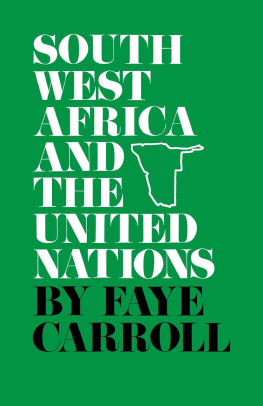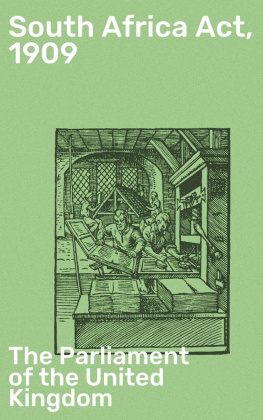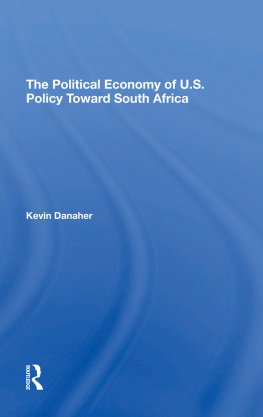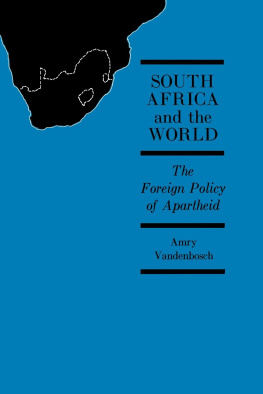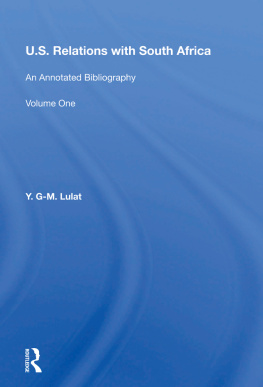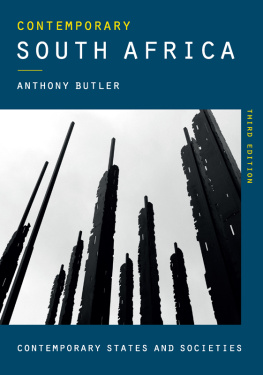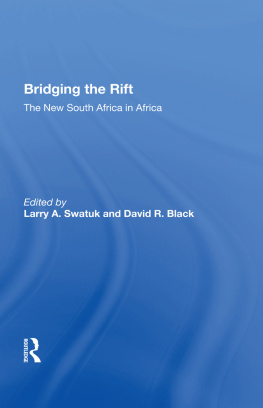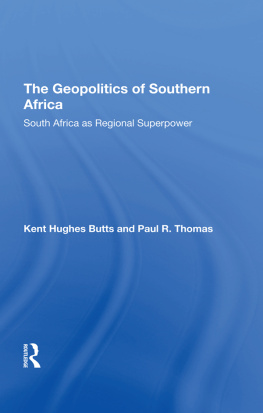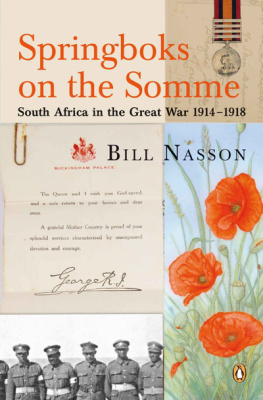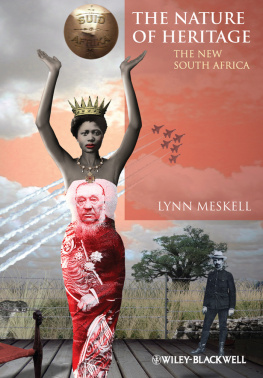PREFACE
As the only League of Nations mandate which has been neither granted independence nor placed under the United Nations Trusteeship System, South West Africa is the focus of a longstanding dispute over jurisdiction between the Republic of South Africa and the United Nations. The Republic of South Africa has administered the mandate for forty-five years, but its right to control has been challenged several times within the United Nations. Most of these challenges have been based on two factorsthe policy of apartheid (racial separation) which South Africa has applied to the area and the slow rate of progress in self-government, economics, and education within South West Africa. In actuality, the progressive development of the native population has been precluded by application of apartheid, the most despised and outdated racial policy in existence today.
More than a political, legal, and moral dispute between the South African government and the United Nations, the South West Africa case is a reflection of two revolutionary movements which have dominated world politics in recent years. These movements seek the eradication of the last vestiges of colonialism and racial discrimination.
The purpose of this study is to provide a historical background to the dispute, reviewing the actions of the United Nations and of the South African government, evaluating the effectiveness of the U.N. in this matter, and considering the probable future consequences of the dispute. , in evaluating the United Nations performance in the South West Africa case, demonstrates that while the organization has been successful in achieving a degree of supervision over the mandate and has kept the issue before world attention, it has failed to achieve its major objectives. Nevertheless, South African policy is so outdated by modern political standards that ultimately it is untenable. Whether or not the United Nations can be a guiding force for peaceful change in South West Africa is uncertain at this point.
Any study of the South West Africa issue is limited somewhat by the lack of objective data about conditions within the territory. The Republic government has been unreceptive to attempts by the United Nations to make an impartial survey of conditions within the mandates area. The scholar is forced to weigh statements made by South African officials against those made by travelers, refugees, and exiled leaders. This same limitation, it should be noted, impedes the work of the members of the United Nations and of the International Court of Justice.
In the preparation of this manuscript I am indebted to many people. The greatest expression of appreciation is due Dr. Amry Vandenbosch, who suggested the topic, and provided and translated a portion of the research materials.
I also wish to thank Dr. Herbert Drennon, Dr. James Hopkins, Dr. Enno Kraehe, Mr. Robert Rodes, and Dr. Max Wasserman for their constructive criticism and suggestions; and Dr. John M. Howell for his suggestions concerning the revision of this manuscript. Finally, to my parents, Mr. and Mrs. Wilburn Carroll, goes a well-earned expression of appreciation.
FAYE CARROLL
ONE:
A POLITICAL ANACHRONISM
Africa in the twentieth century has undergone a rapid and extensive transformation which has expressed itself in national independence and self-determination for black Africans. One may debate the wisdom of independence and self-determination for some African states, but these are the dominant themes of this century, just as colonialism and white supremacy were the accepted values of an earlier era. For better or for worse, most native Africans wish to control their own countries. In some areas of Africa, however, the natives still are denied the most basic human rights. In particular, the political, economic, and social systems of South West Africa, along with those of neighboring South Africa, Angola, and Rhodesia, do not conform to twentieth-century standards. The established systems of rule in these areas were always unjust; they now are archaic.
Only against this background can one understand the modern dilemma in South West Africa. If most of the African states were still under colonial domination and if policies of white supremacy did not predominate in southern Africa, the South West Africa dispute would not exist. Only by analyzing existing conditions in South West Africa can one understand the significance of this comparatively unknown territory to the United Nations and to the South African government. In part, this significance stems from geographic and economic factors, but the primary one is South Africas racial policy.
The relative lack of natural resources within South West Africa, especially in comparison with other African nations, has been partially responsible for its precarcious political position. Had it been a wealthier region, South West Africa would have attracted world attention sooner than it did. A sparsely populated desert region with poorly developed communication and transportation facilities, South West Africa has little internal unity and is dependent upon South Africa for maintenance of its economic system. Geographically, the countrys 317,725 square mile area
Desert areas and the swamp regions of the Okavango River discourage travel, but the territory has two major ports at Walvis Bay and Angra Pequena or Lderitsbucht.
The population of South West Africa, small because of the dryness of the land, is racially heterogeneous with the colored or native population heavily outnumbering the white or European population. These figures represent a considerable increase in both the white and nonwhite populations since South Africas administration of the territory began. Some members of the United Nations have accused the Republic of South Africa of following policies leading to the extermination of natives, but there is little evidence to substantiate this charge.
Additionally, the ethnic origins of the racial groups are extremely heterogeneous. The territorys European population is composed of Afrikaners, Germans, and English. The Afrikaners are Boers or South Africans of Dutch descent who outnumber the Germans and the English almost two to one. To simplify matters, the native population commonly is subdivided into six groupsthe Bergdamara, the Bushmen, the Hottentots, the Herero, the Ovambo, and the Bastards. Some of these groups have advanced little beyond the tribal state.
For hundreds of years the basic social issue in South Africa was racial rivalry between the Dutch, the Germans, and the English. Now the basic conflict is between the Europeans and the non-Europeans. The situation in the Republic of South Africa and South West Africa differs somewhat from other territories in which there is a nonwhite majority, for in South Africa, a white nation has established itself on a black continent.
The Europeans of the Republic of South Africa have advanced the policy of apartheid as the solution to the racial problems. The Republic government defines apartheid as the separate development of the white and native races. Outside the Republic, however, white supremacy is the most commonly used definition. Completely disregarding the spirit of international agreements, the Republic has been systematically and increasingly applying apartheid to the mandated territory of South West Africa.

